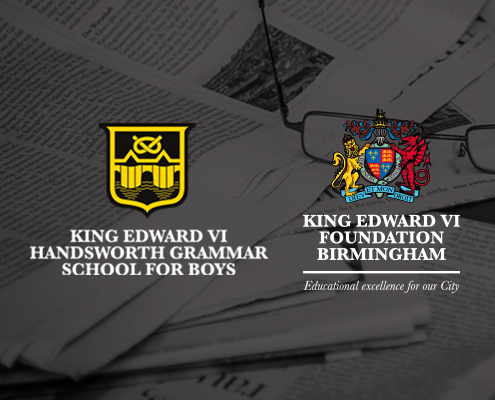Geography Enrichment Lecture
On 22nd September seven Sixth Form Geographers attended a fascinating lecture about India at King Edward VI Five Ways School. This is part of our collaboration work with Grammar Schools across Birmingham and enables HGS to provide deep and challenging enrichment opportunities for our students.
As a British Indian, the title of the lecture sounded quite controversial. However, the premise of the lecture was India’s huge cultural diversity and the challenges this presents for the world’s largest democracy.
India is a country of many contrasts; notably gender inequality, the gap between rich and poor and life in the cities compared to life in rural areas (where 72% of Indians live). This is further complicated by the many religions in India, a caste system which give people a social status at birth and the challenges presented by a progressive federal government dealing with the ‘rich states’ of the west and the ‘poor states’ of the north and east (6 states here have over 50% of the population classified as malnourished).
I was shocked to hear about the issue of gender inequality. It troubled me to hear that many women are beaten and even raped and murdered if they are seen to bring shame on their family. Indeed, there have been very upsetting news items about this kind of behaviour towards women and these have helped to galvanise Indian opinion to ensure that such tragedies are not repeated. I understand that peoples’ beliefs – whether religious or cultural – may bring a conservative point of view, but this kind of treatment and lack of tolerance is holding India back in my opinion.
On the positive side, India’s software manufacturing and IT services are bringing much needed investment and have been at the forefront of economic growth. It is one of the fastest growing economies in the world and rapid rural-to-urban migration is placing huge pressure on India’s cities. Whilst huge challenges remain, the potential efficiencies of urban living; the access to health care, jobs and education could help lift millions of people out of poverty.
Taranvir Bedi & Mr D Bird







